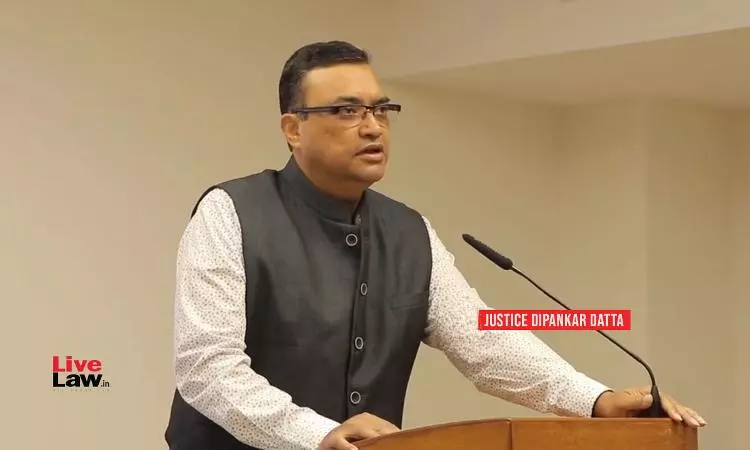Speaking at a public event yesterday, Justice Dipankar Dutta of the Supreme Court highlighted the irony of the National Legal Services Authority accommodating judges in 5-star hotels for conferences while claiming that it did not have funds to bear the legal expenses of a poor litigant.Justice Dutta was speaking in a discussion which preceded the inaugural AK Sen Memorial Lecture by Justice...

